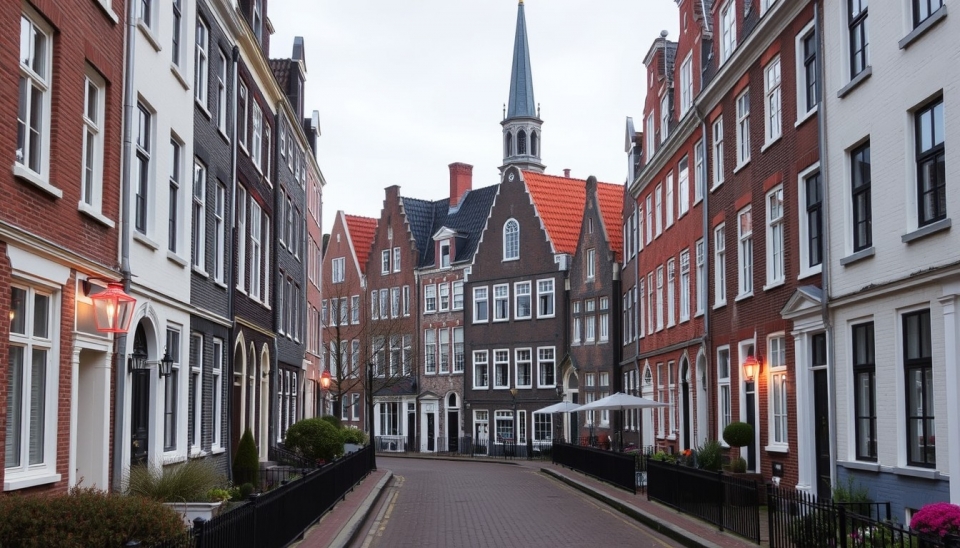Netherlands Deepens Housing Crisis with Rent Control Measures

Recent legislative changes in the Netherlands regarding rent control have exacerbated the country's already complicated housing situation. Despite the government's intention to ensure affordable housing for its citizens, the new measures appear to have deepened the existing rental crisis.
Under the new rules restricting rent increases, property owners are struggling to maintain their buildings, leading to deteriorated living conditions. Some tenants report delays in maintenance and repairs, as rental income does not cover the ongoing costs of property upkeep.
Debates are raging on social media about the effectiveness of such measures. Many experts argue that rent control can lead to reduced interest from investors in real estate and a decrease in new housing construction. This creates a paradox where attempts to help tenants may actually hinder their access to quality housing.
According to reports, the number of rental properties available is decreasing, and the simple principle of "supply and demand" is under threat. The growing tension between landlords and tenants is prompting the government to revisit its strategies and seek alternative solutions to the housing crisis in the country.
Meanwhile, the Dutch government emphasizes the seriousness of the situation and promises to work on improving conditions for tenants. Various approaches are being discussed, including subsidies for local cities and support for new construction initiatives, although critics argue that this is insufficient for a quick resolution to the ongoing crisis.
This situation raises many questions and concerns among residents who continue to face challenges in finding affordable and quality housing. In light of the continuing crisis, it will be essential to seek a balance between the interests of tenants and landlords to ensure the sustainable development of the real estate market in the Netherlands.




